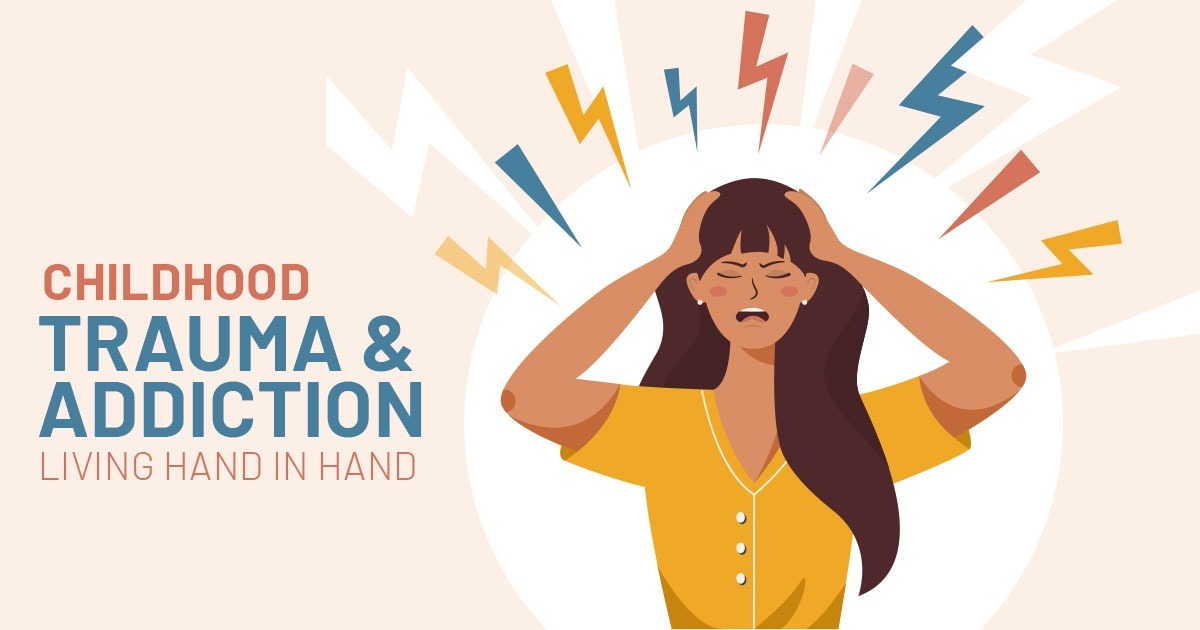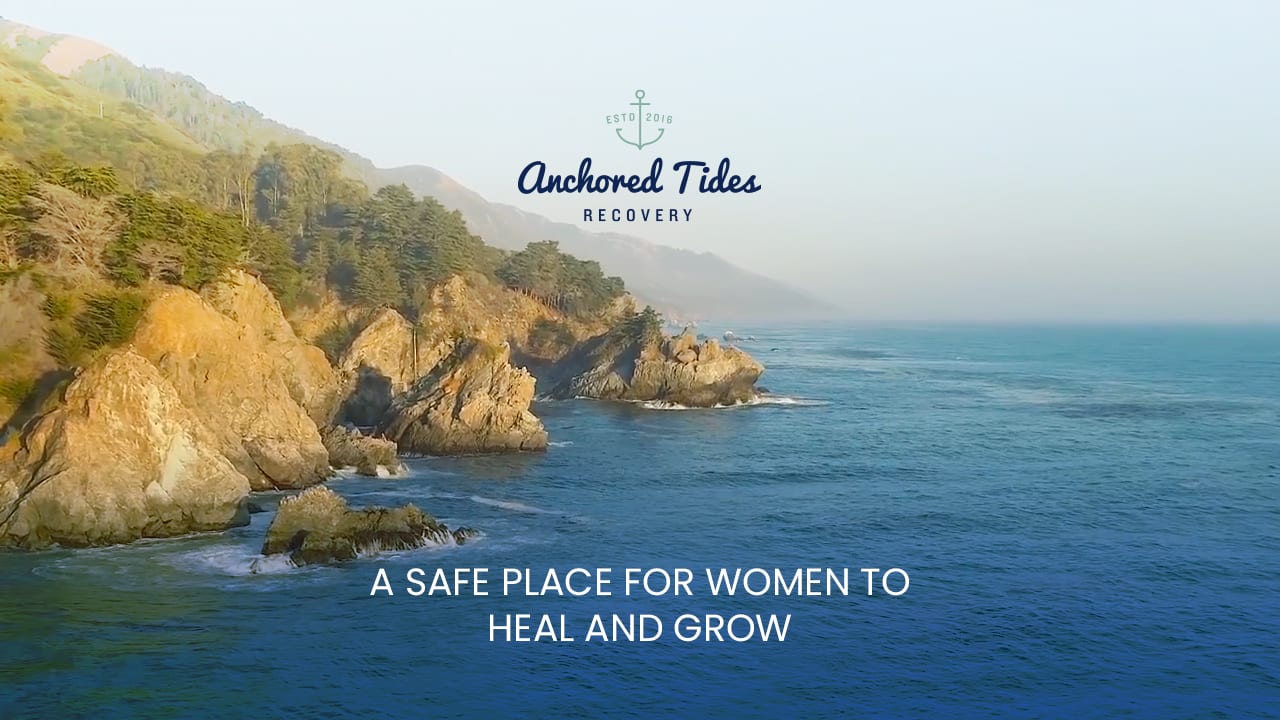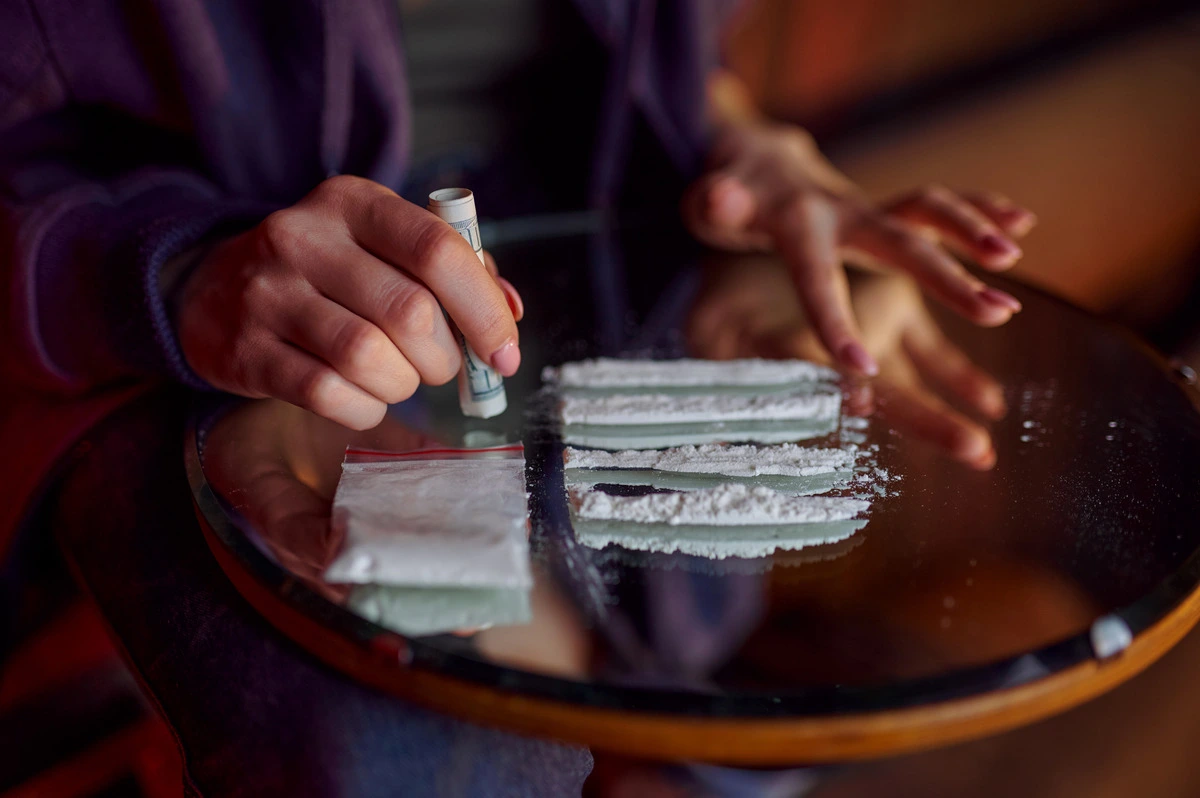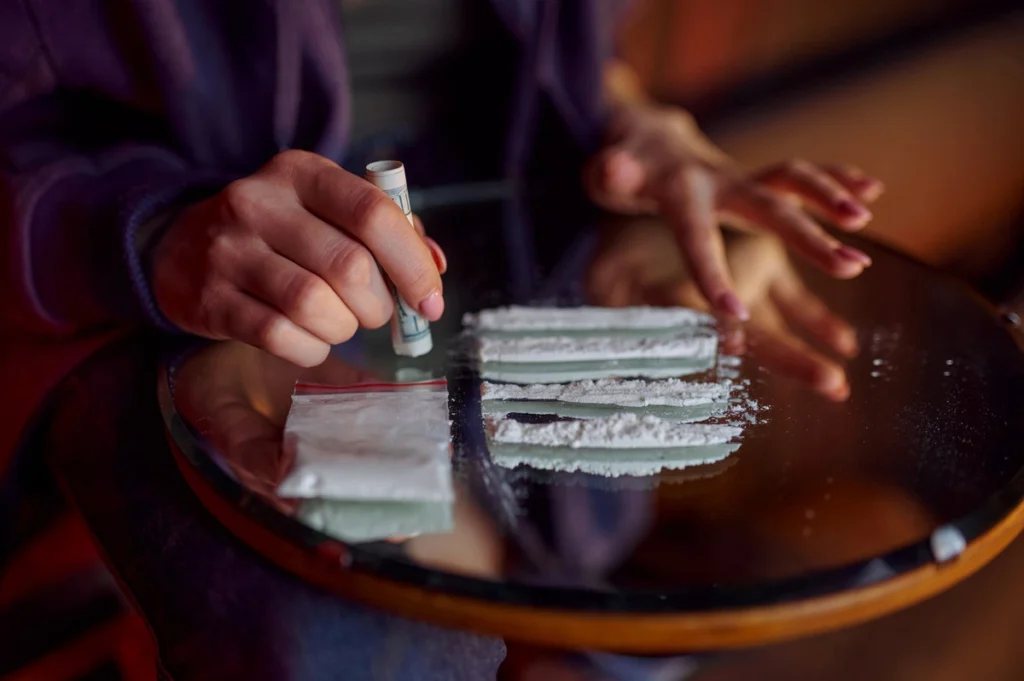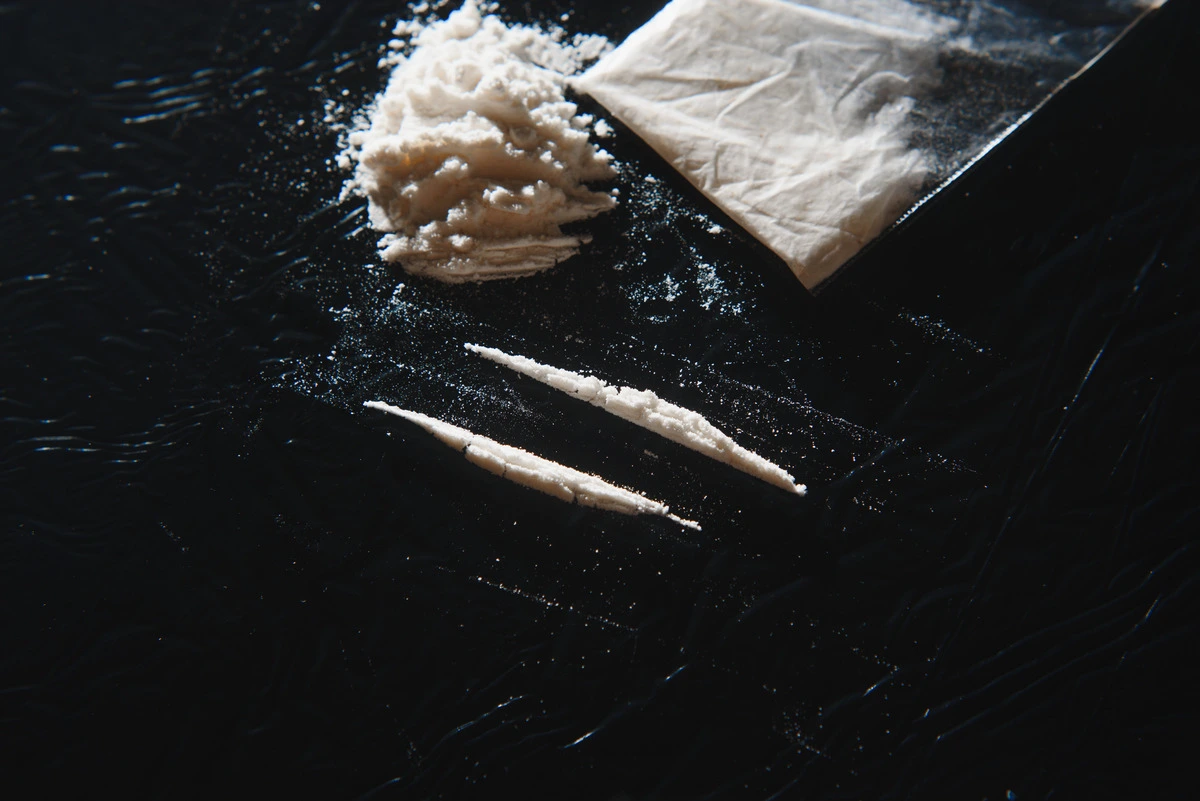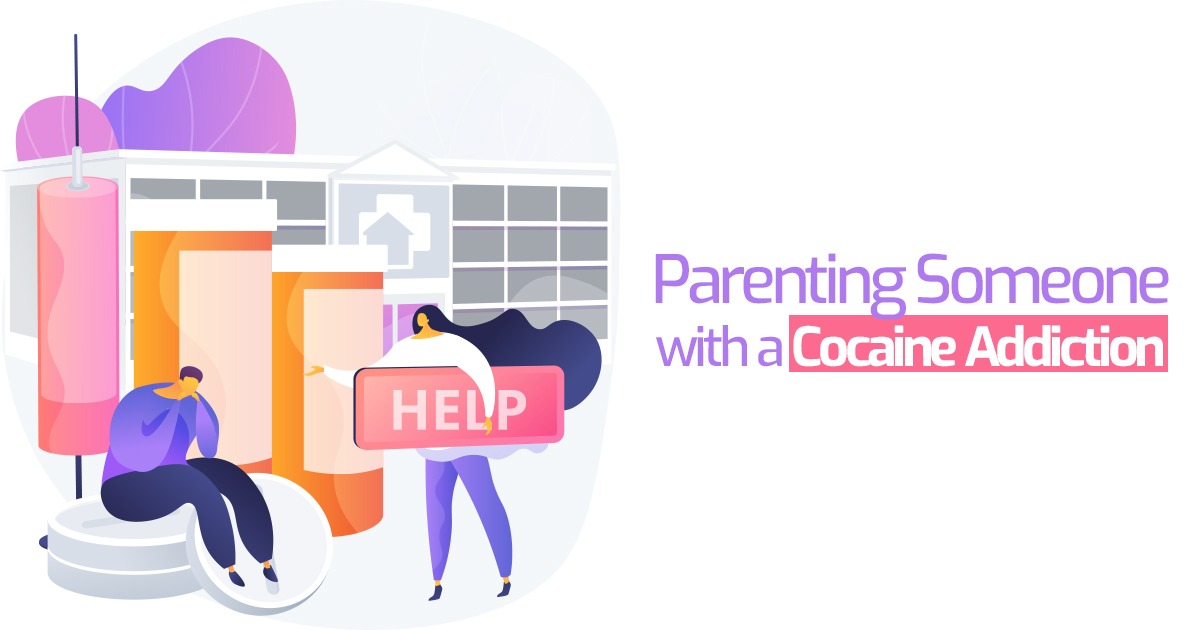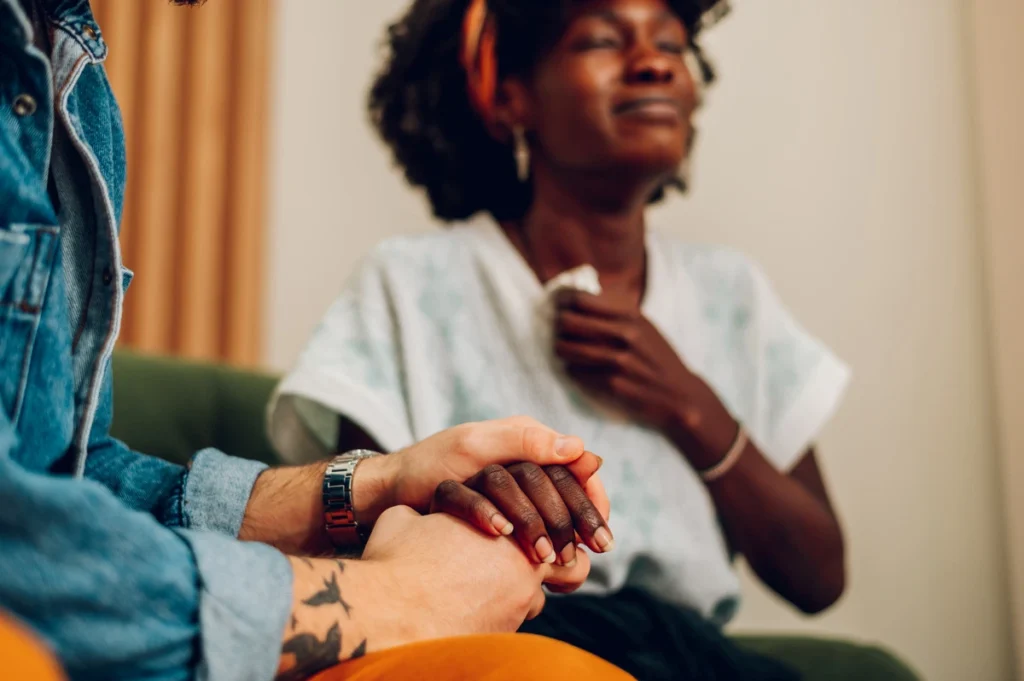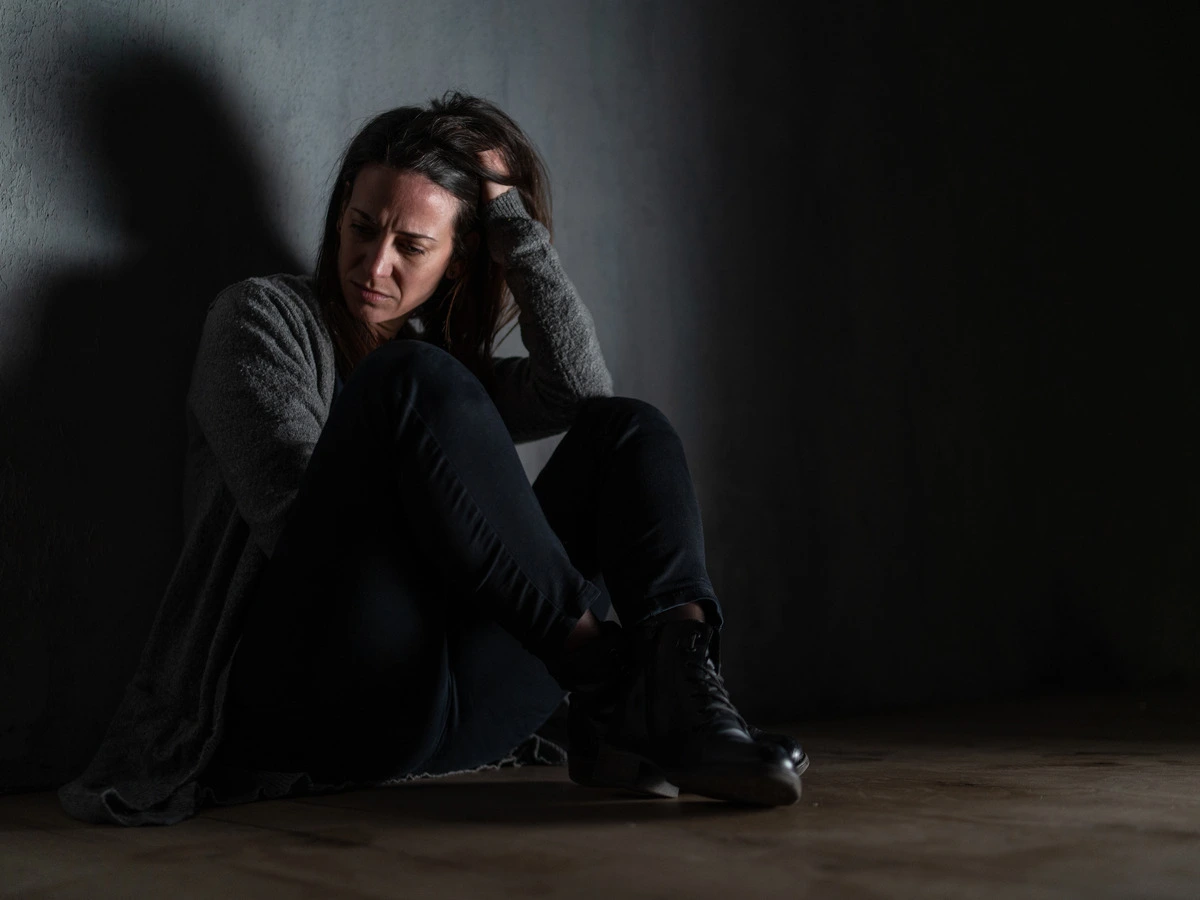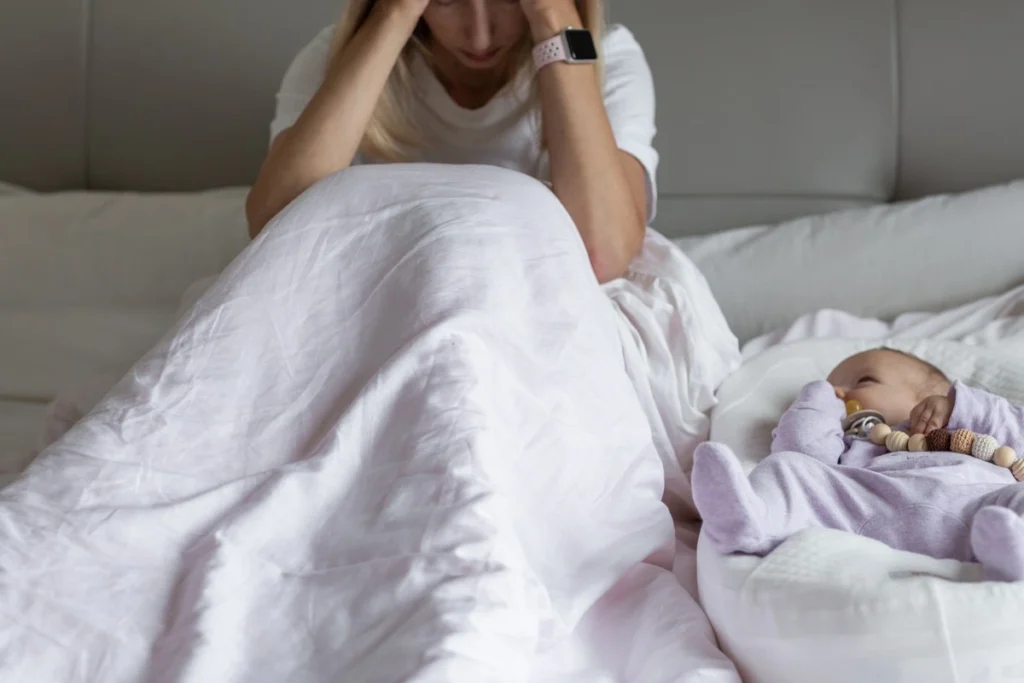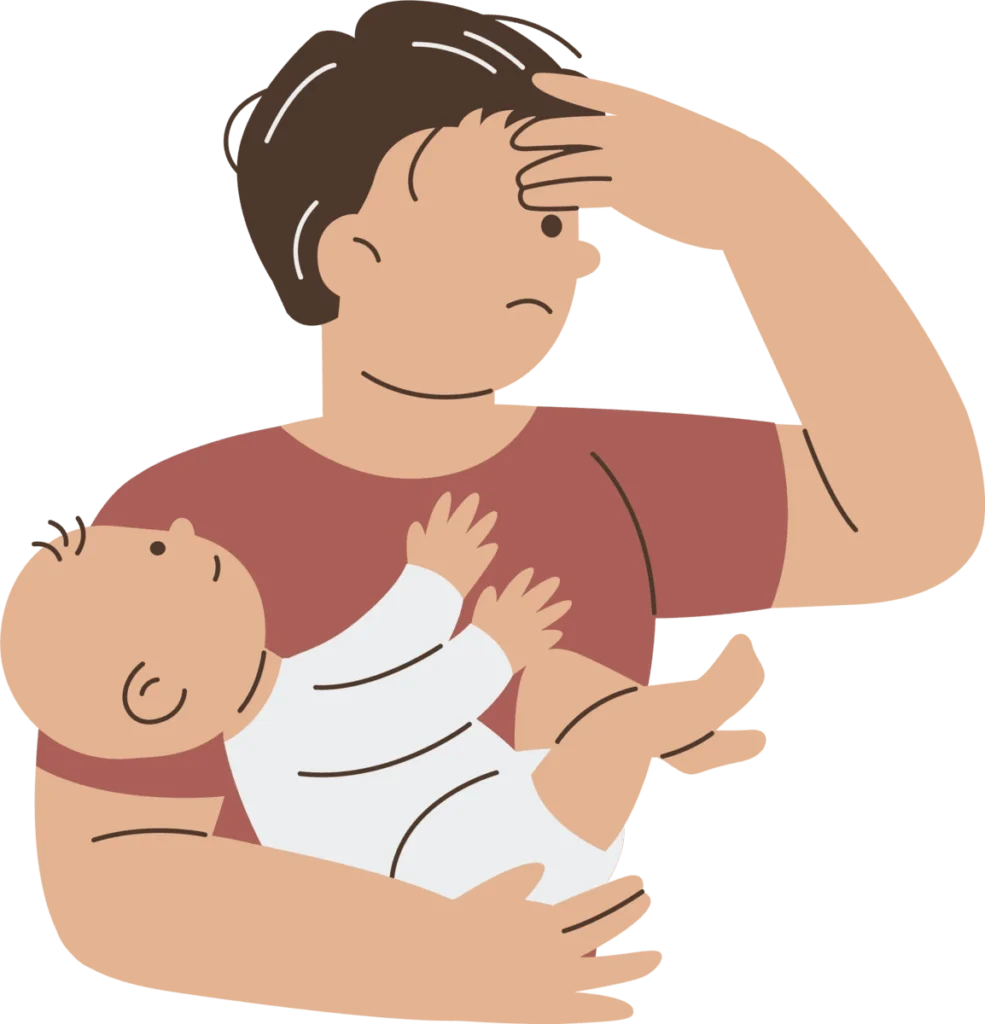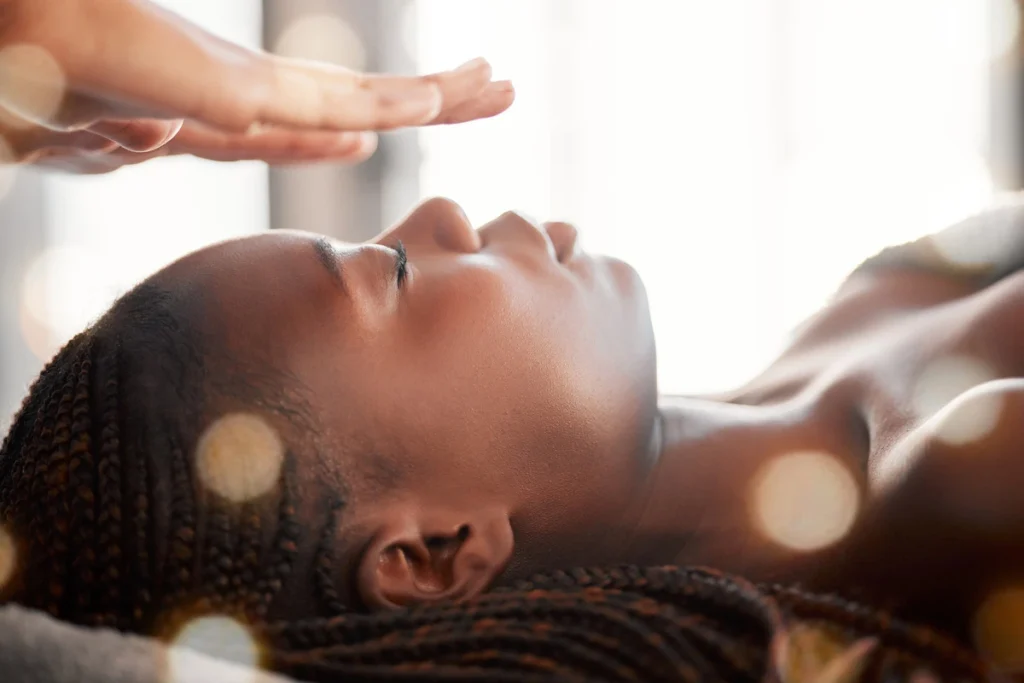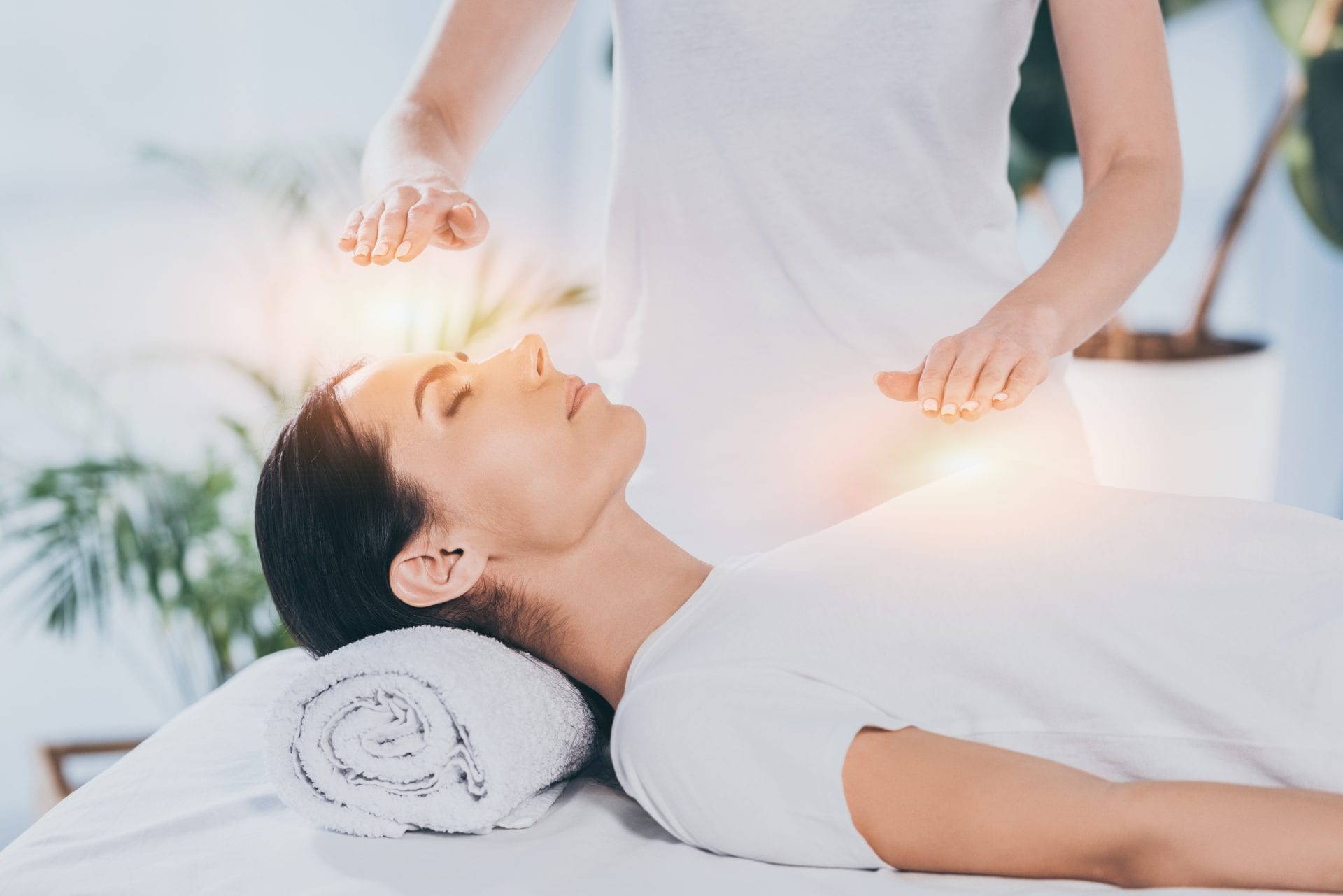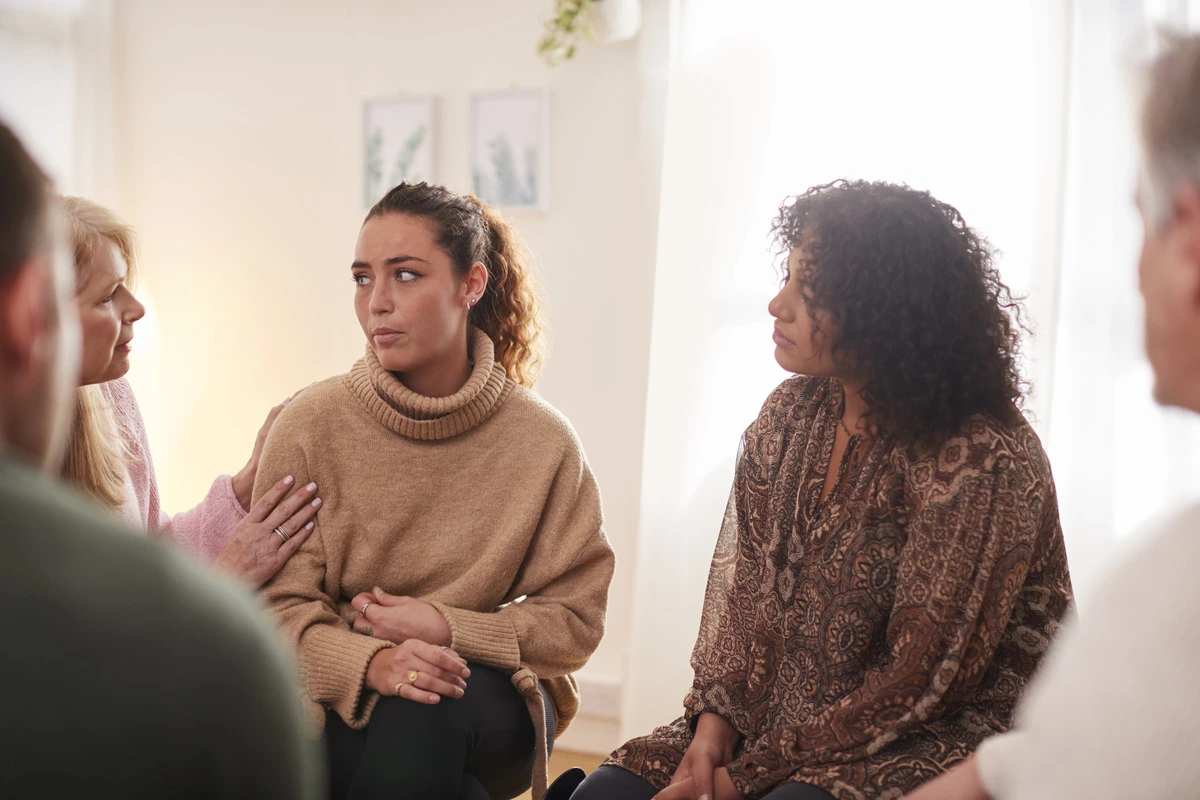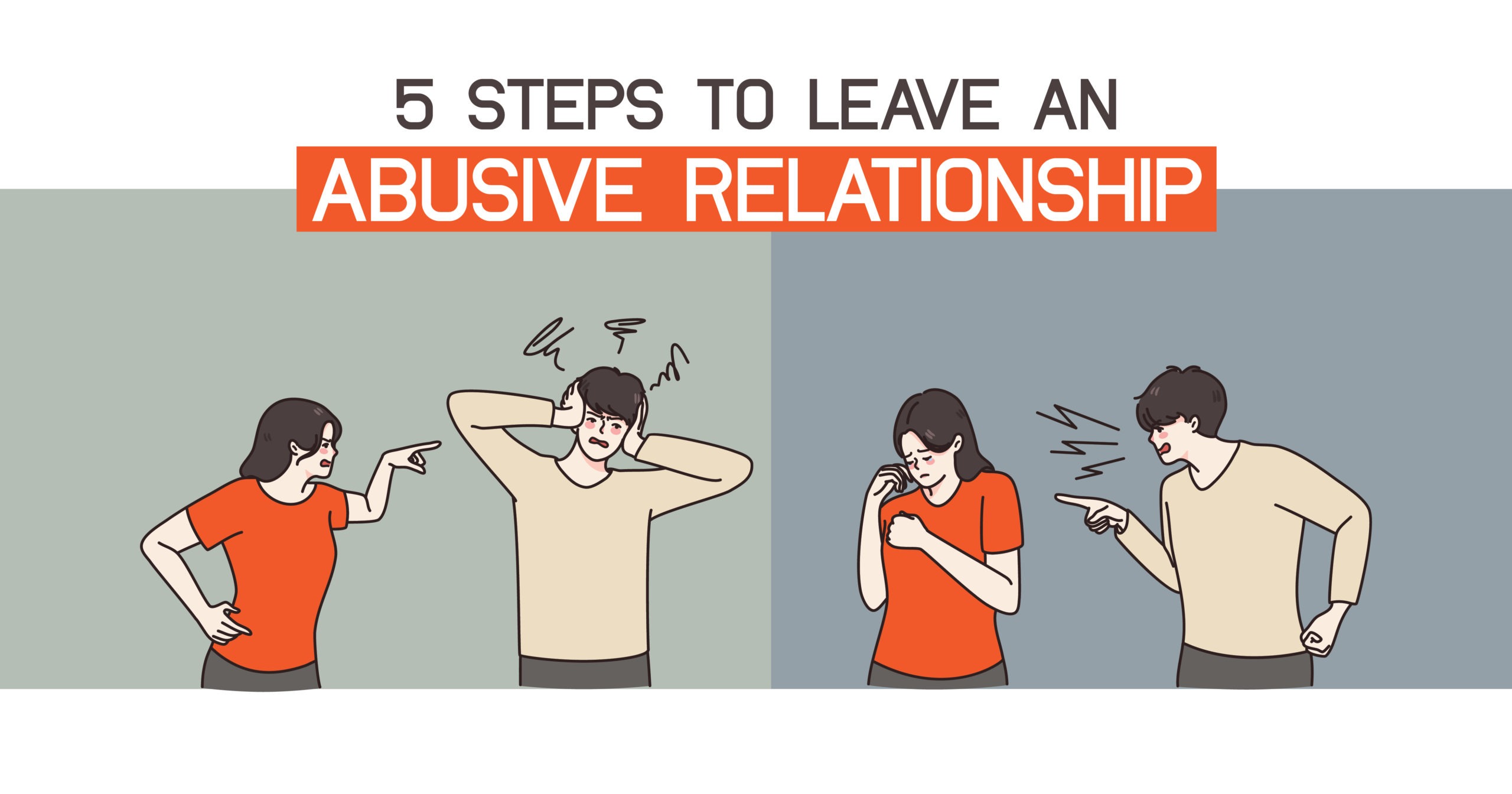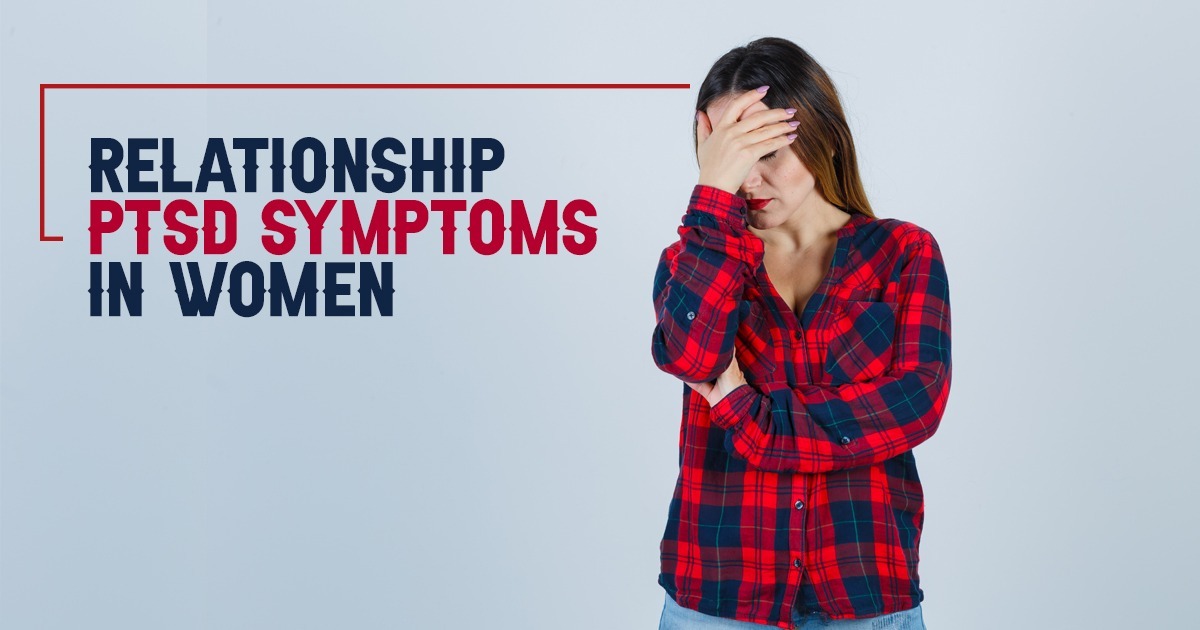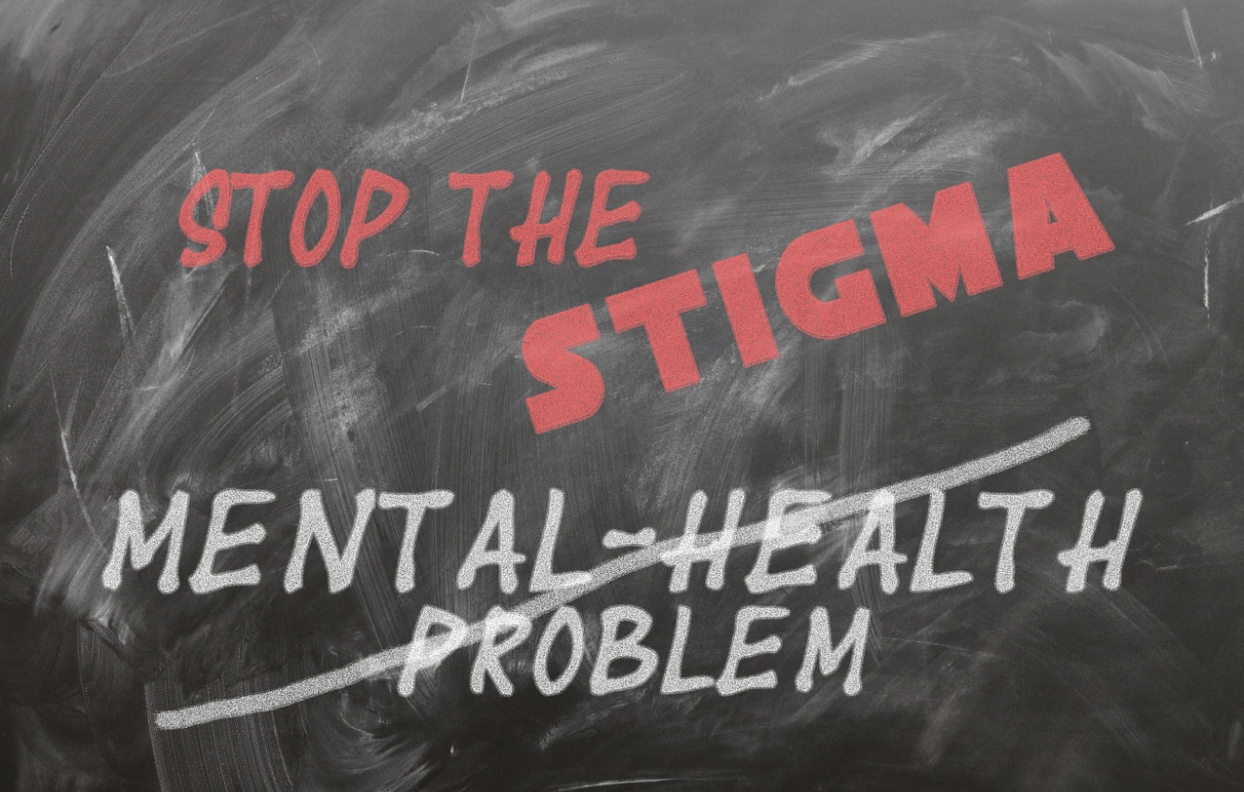Burnout and depression can feel overwhelming and isolating, especially for women trying to manage work, relationships, caregiving responsibilities, and their own mental health. At Anchored Tides Recovery, we understand how these challenges intersect, and we’re here to help women regain balance, strength, and purpose.
In this guide, we’ll help you recognize the signs of burnout and depression, understand how they relate, and provide actionable strategies to recover emotionally, physically, and mentally.

What Is Burnout?
Burnout is a state of chronic physical and emotional exhaustion, often caused by prolonged stress—particularly related to work, caregiving, or other intense responsibilities. It can lead to feeling emotionally drained, detached, and unmotivated.
Common Symptoms of Burnout:
- Fatigue, even after rest
- Increased irritability
- Difficulty concentrating
- Lack of motivation
- Feeling detached or cynical
- Sleep disturbances
- Physical symptoms like headaches or digestive issues
While burnout isn’t classified as a medical diagnosis, its impact on your health and daily functioning can be profound.
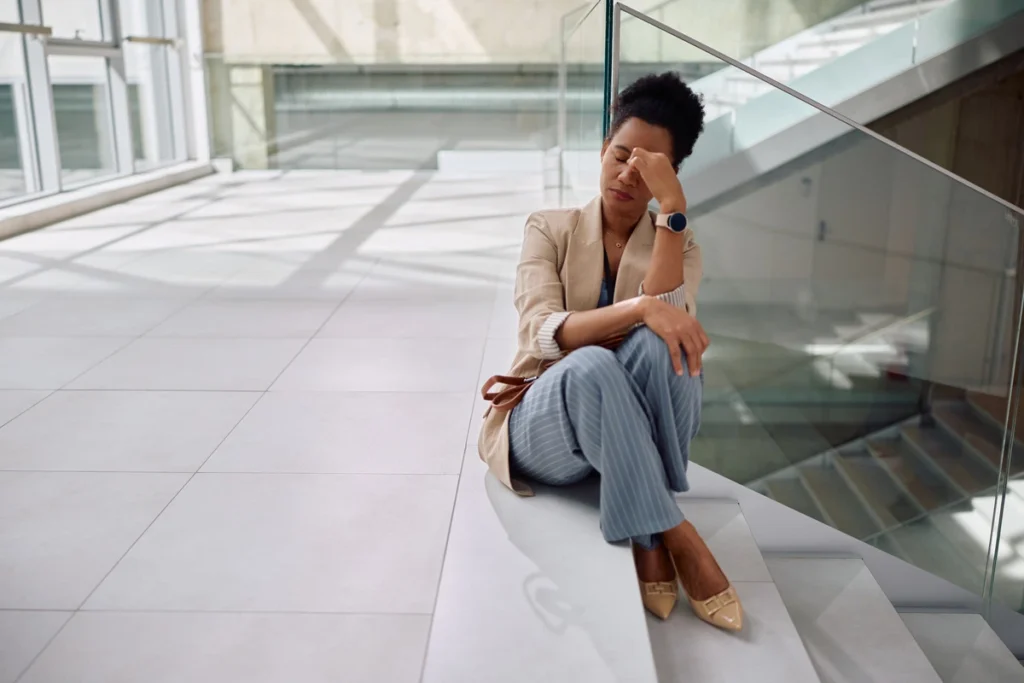
What Is Depression?
Depression is a mood disorder that causes persistent feelings of sadness, hopelessness, and a loss of interest in life. Unlike burnout, which is typically tied to external pressures, depression can stem from a variety of factors including brain chemistry, genetics, trauma, and life circumstances.
Common Symptoms of Depression:
- Persistent sadness or emptiness
- Loss of interest in previously enjoyable activities
- Changes in appetite or weight
- Sleep disruptions (too much or too little)
- Feelings of worthlessness or guilt
- Difficulty thinking or making decisions
- Thoughts of self-harm or suicide
If you’re experiencing these symptoms, it’s important to seek help. Depression is treatable with therapy, medication, and lifestyle changes.
Burnout vs. Depression: What’s the Difference?
Many people confuse burnout and depression, as they share similar symptoms like fatigue, low motivation, and withdrawal. However, the key differences are:
Burnout is typically situational and related to a specific area (like work).
Depression is more pervasive and affects multiple areas of life, including physical health, relationships, and self-perception.
Burnout improves with rest and boundary-setting; depression often needs professional intervention.
If you’re unsure whether you’re experiencing burnout, depression, or both, speaking with a mental health professional can provide clarity.
Can Burnout Lead to Depression?
Yes—untreated burnout can progress into depression. When stress continues for too long without relief or support, it can drain emotional reserves and impact your brain chemistry. This is why early intervention is key.
Women are especially vulnerable due to social expectations, caregiving roles, and career pressures. Burnout can erode self-esteem and make women feel like they’re “failing” when they’re simply overwhelmed.
How to Deal with Burnout and Depression: Step-by-Step
Here are effective, research-based strategies to help manage both burnout and depression:
1. Acknowledge What You’re Feeling
Give yourself permission to feel tired, frustrated, or low. Naming what you’re going through is the first step toward healing.
2. Set Clear Boundaries
Burnout thrives when boundaries are lacking. Learn to say no to nonessential obligations and protect your energy.
3. Create a Self-Care Routine That Actually Works
Self-care isn’t just bubble baths. It includes:
- Consistent sleep
- Nutritious meals
- Movement (even a short walk)
- Time in nature
- Limiting screen time
- Saying no to things that drain you
4. Seek Support
Talk to trusted friends, join a support group, or reach out to a therapist. Anchored Tides Recovery offers trauma-informed care and group therapy designed specifically for women.
5. Consider Professional Help
If depression symptoms persist, clinical help is vital. Treatment options may include:
- Cognitive Behavioral Therapy (CBT)
- Medication
- Group Therapy
- Trauma Therapy
- Dual Diagnosis Programs
At Anchored Tides Recovery, we provide mental health services that address the root causes of emotional distress and offer individualized treatment plans.
6. Reevaluate Your Environment
Sometimes your surroundings contribute to burnout or depression. Ask:
- Is my job or relationship unsustainable?
- Am I stuck in a toxic cycle?
- What changes would support my mental well-being?
Small changes, like modifying your routine or finding a healthier workspace, can make a big difference.
Trauma and Women’s Mental Health
Many women who struggle with burnout and depression have unresolved trauma. This can include past abuse, neglect, or emotionally invalidating environments. Trauma can wire the nervous system for hypervigilance, emotional exhaustion, and despair.
At Anchored Tides Recovery, we integrate trauma-informed approaches into our mental health and substance use treatment. Healing past wounds is essential to moving forward.

How Anchored Tides Recovery Can Help
We understand the unique challenges women face. Our women-only environment is safe, supportive, and structured for true healing.
Our programs include:
- Partial Hospitalization Program (PHP): Ideal for women who need structured daily support without overnight stay.
- Intensive Outpatient Program (IOP): Flexible therapy and support as women reintegrate into their lives.
- Dual Diagnosis Treatment: For co-occurring substance use and mental health disorders.
- Trauma-Informed Therapy: Focused on healing the root cause of distress.
- Aftercare & Alumni Support: Long-term resources for sustained recovery.
When to Seek Help Immediately
If you or someone you know is experiencing:
Thoughts of self-harm or suicide
Complete withdrawal from daily life
Inability to perform basic self-care
Please call a mental health professional, visit your nearest emergency room, or contact a crisis line.
National Suicide & Crisis Lifeline: 988
You’re Not Alone
Burnout and depression can feel like invisible weights, especially for women who feel the pressure to “keep it together.” But you’re not alone and don’t have to face this silently.
At Anchored Tides Recovery, we provide compassionate, personalized care for women navigating life’s toughest moments. Whether you’re experiencing burnout, depression, or both, help is available, and healing is possible.
Explore Our Programs:
Let us help you find clarity, peace, and purpose again. Call us today at (866) 329-6639.


